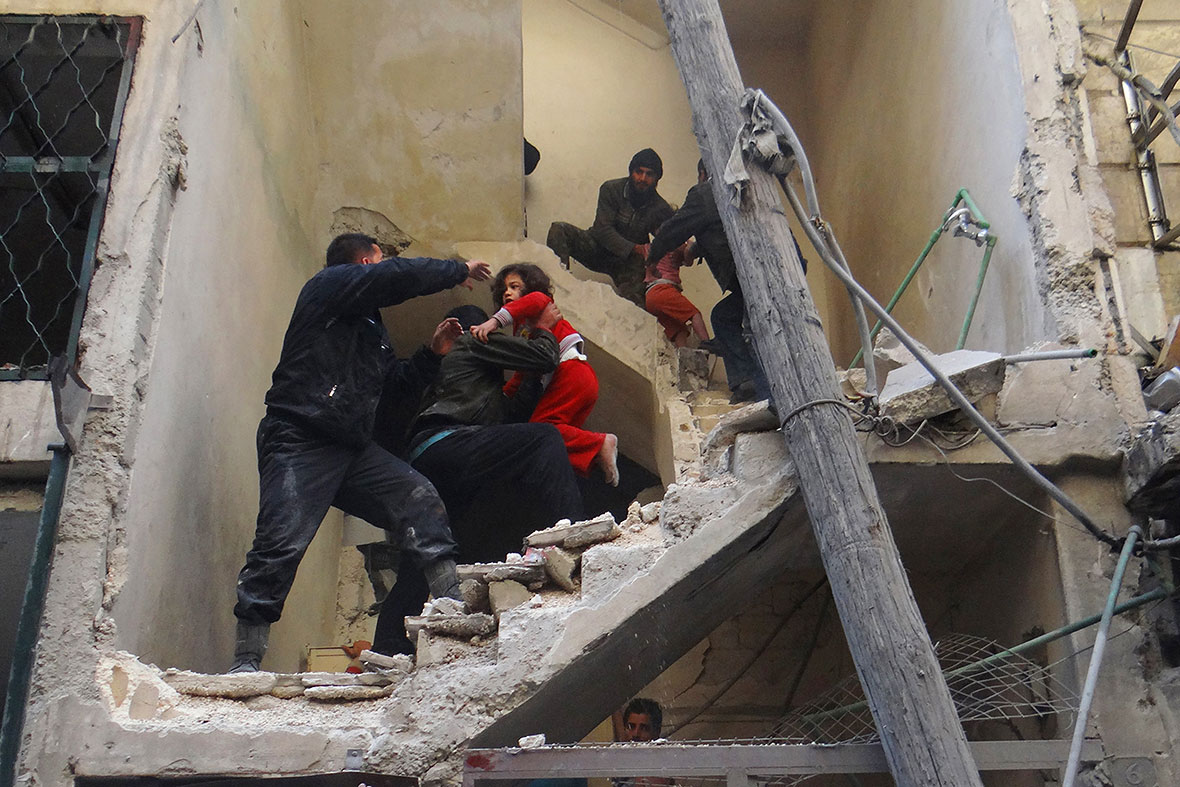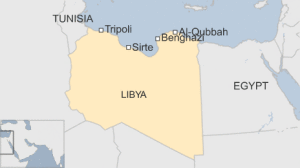By Kathryn Maureen Ryan
Impunity Watch, Managing Editor
DAMASCUS, Syria – Syrian Activists say at least 49 people, including 10 children, have been killed by Syrian government troops in the village of Rityan, north of the city of Aleppo. The alleged massacre was reportedly committed by forces loyal to Syrian President Bashar al-Assad, who have launched an offensive to cut rebel supply lines to the Turkish border, according to the United Kingdom based rights and monitoring group the Syrian Observatory for Human Rights.

According to the Syrian Observatory for Human Rights, the regime forces backed by Hezbollah and non-Syrian fighters entered the town on Tuesday and executed 49 civilians, including 13 rebels and their families, including children. “The troops and militiamen knew exactly where they lived thanks to the informers who accompanied them,” said Observatory director Rami Abdel Rahman. “There was no resistance except in one house where a rebel opened fire at troops before being executed along with his family.”
The Syrian Army denied alleged involvement in the massacre, which was reportedly carried out during the regime force’s offensive against rebel-held areas in the Aleppo region. “I deny completely such an act that cannot be committed by the Syrian army whose duty is to protect lives and not kill people,” a military source told the press. The military source claimed armed groups kill residents whom they suspect of being loyal or working with the government and then accuse the Syrian Army of committing the acts.
Aleppo is Syria’s second-largest city and has become the forefront of clashes between pro-regime forces and rebel groups. The Syrian regime has targeted civilians in and around the city throughout the course of the four year conflict and has even bombarded residential areas with barrel bombs and shelling.
On Friday the Syrian Observatory for Human Rights reported that it had documented the killings of 103 people, including four women, by Islamist factions since the beginning of 2015. Of these, 72 people were reportedly killed “execution style” for a variety of perceived offences. Also on Friday, United Nations investigators announced that they were considering reversing their policy of withholding the names of alleged war criminals in the Syrian Civil war which has now claimed the lives of at least 220,000 people over the past four years. According to the United, more than 9 million Syrians have been displaced by conflict since the war began.
For more information please see:
Al Arabiya – Syria Forces Execute 10 Children of Alleged Rebels: Monitor – 21 February 2015
International Business Times UK – Syria: President Assad’s Troops ‘Kill Children of Alleged Rebels’ – 21 February 2015
Middle East Monitor – Assad Forces Kill 48 Civilians in Aleppo – 21 February 2015
Reuters UK – Monitor Says Syrian Army and Allies Killed 48 In Aleppo Offensive – 21 February 2015


